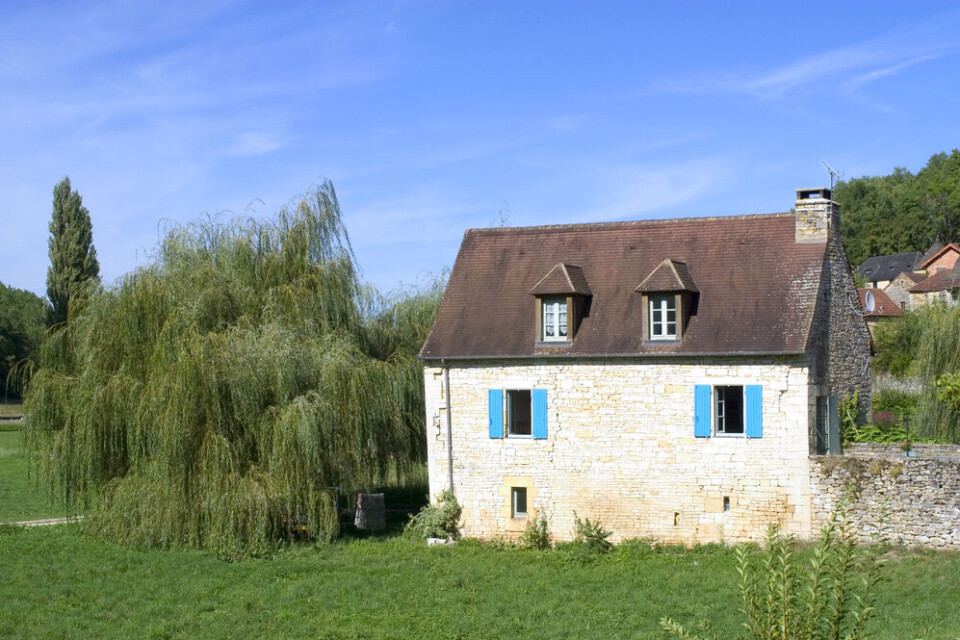-
Free fraud service for UK homeowners living in France
Owners can sign up for a free monitoring service from HM Land Registry to reduce risk of fraud
-
Do I need the devis to contest French builder’s bad job?
An estimate is a legal contract between you and the person doing the work
-
How to lower the amount you pay for insurance in France
‘Big three’ insurances all set to see costs rise in 2026
Is my French home my ‘main’ or ‘second’ residence?
Rules depend on how long you generally spend in a country, as well as where you work or obtain income from

Reader question: I am retired and hold British and Irish nationality. I bought my French house in 2010 as my ‘main residence’. I do not own any others. I asked the tax office why I am still charged taxe d’habitation but they said as I do not pay my income tax in France (I chose to keep my tax affairs in the UK) my property is treated as a second home. Is that correct?
Tax residency in France is not a question of choice, but rather of whether or not you meet France’s tax-residency rules.
One states that if your foyer (home) is in France, you qualify and should declare your income to France.
This refers to your ‘home’ where you ‘habitually’ and permanently live, and often, if applicable, where your spouse and/ or minor children live.
If this is unclear, the French consider whether you spend more of the tax year in France than anywhere else.
If in doubt, further rules look at issues such as where most of your income arises and where your main work, if any, is.
Bearing all this in mind, if indeed you are a tax-resident of the UK, then it is normal that the French tax authorities consider your French house to be a second home, regardless of whether you own in France but rent a property in the UK, for example.
Read more:
Do second home owners in France need a French bank account?
Give second home owners in France a special visa, says senator
























